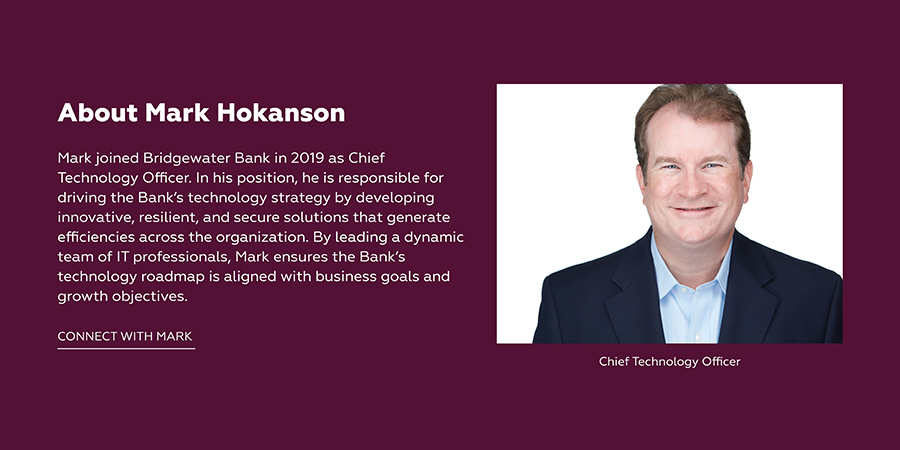
An Entrepreneur’s Guide to Navigating the AI Revolution
In today's fast-paced business landscape, entrepreneurs are increasingly turning to artificial intelligence (AI) to gain a competitive edge and drive innovation. AI has emerged as a powerful tool, enabling entrepreneurs – including some of our entrepreneurial clients – to see results in various aspects of their business. In this article, we'll dive into how we are seeing entrepreneurs harnessing the power of AI to drive their businesses forward.
First off, how Does AI Work?
AI isn't a new word or concept. The term was coined more than 70 years ago. Essentially, the technology is designed to mimic the power and processes of the human brain. These systems are able to process loads of data very quickly and learn from patterns. This, in combination with algorithmic training and massive computing power, gives AI systems the ability to solve problems, answer questions, and perform the functions you've read about or tried in programs like ChatGPT and Bard.
How Can Entrepreneurs Use AI?
Market Research
One way AI has been especially helpful is as a research tool, specifically researching new or challenging markets. AI can answer questions about existing competitors in the market, provide insight on how saturated a market is, and gather demographic information. Historically, these insights would require a great deal of time, effort, or financial investment to collect. AI lessens these burdens. Armed with these insights, entrepreneurs can shape robust marketing or product strategies and move quickly.
Enhance Customer Experiences
There is a trend in companies embedding AI chatbots on their websites to answer customers’ questions. According to Forbes, more than 70% of companies surveyed currently use or plan to use technology like this. While this play may seem focused on removing human involvement, chatbots are proven to enhance the customer experience as data is transmitted more accurately and timely. For example, if you were a boating company and wanted to give customers an easy way to find answers to questions about a particular boat, you could feed boat manuals to a custom AI data system. When a customer has a question, the program is able to quickly help based on the information it has been given. The customer receives accurate information in a consistent manner. Not to mention, it’s 24/7 support. If an issue could not be resolved, it would be escalated to a human to oversee. Depending on the company, this may be a benefit.
Improve Efficiencies
Companies are also using AI technology to generate ideas, create marketing content, produce business documents including pitch decks and even write code for websites. It's also being used to manage customer relationships, manage inventory, recruit and source talent, and help with supply chain logistics. With this said, a business's greatest asset is still its people. AI is at its best when it's able to reduce time spent on tasks, freeing up time for employees to be more strategic and creative and moving the business forward.
What are the Risks?
It's important to remember that AI does not have a mind of its own; it learns from the data it's been fed. ChatGPT, for example, is currently drawing from data from 2021 and prior. That's why it's critical to fact-check any information, especially if it's being used to make business decisions.
ChatGPT can help entrepreneurs with producing marketing content, but it is important to be cautious. The inaccurate and inauthentic copy it can produce could put a company's reputation on the line. Always review and tweak AI-generated content. Adding your unique touch and brand style is crucial.
Business leaders should also be cognizant of sharing sensitive information with AI programs. Even though these platforms do not make newly added data accessible in its models, the information is visible to its parent company and could be compromised if a data breach were to occur. Entrepreneurs should also ensure they are not jeopardizing any privacy agreements made with partners, clients, and customers by sharing information with AI platforms.
Conclusion
Entrepreneurs have a lot of tools available to them and ultimately must decide whether and/or how they are going to use these resources. From my vantage point, as long as the risks are considered, I see opportunities for entrepreneurs to use AI to support business growth. Whether you're a startup founder, a small business owner, or a visionary entrepreneur, embracing AI could be the key to unlocking new possibilities and achieving long-term success in a competitive landscape.

